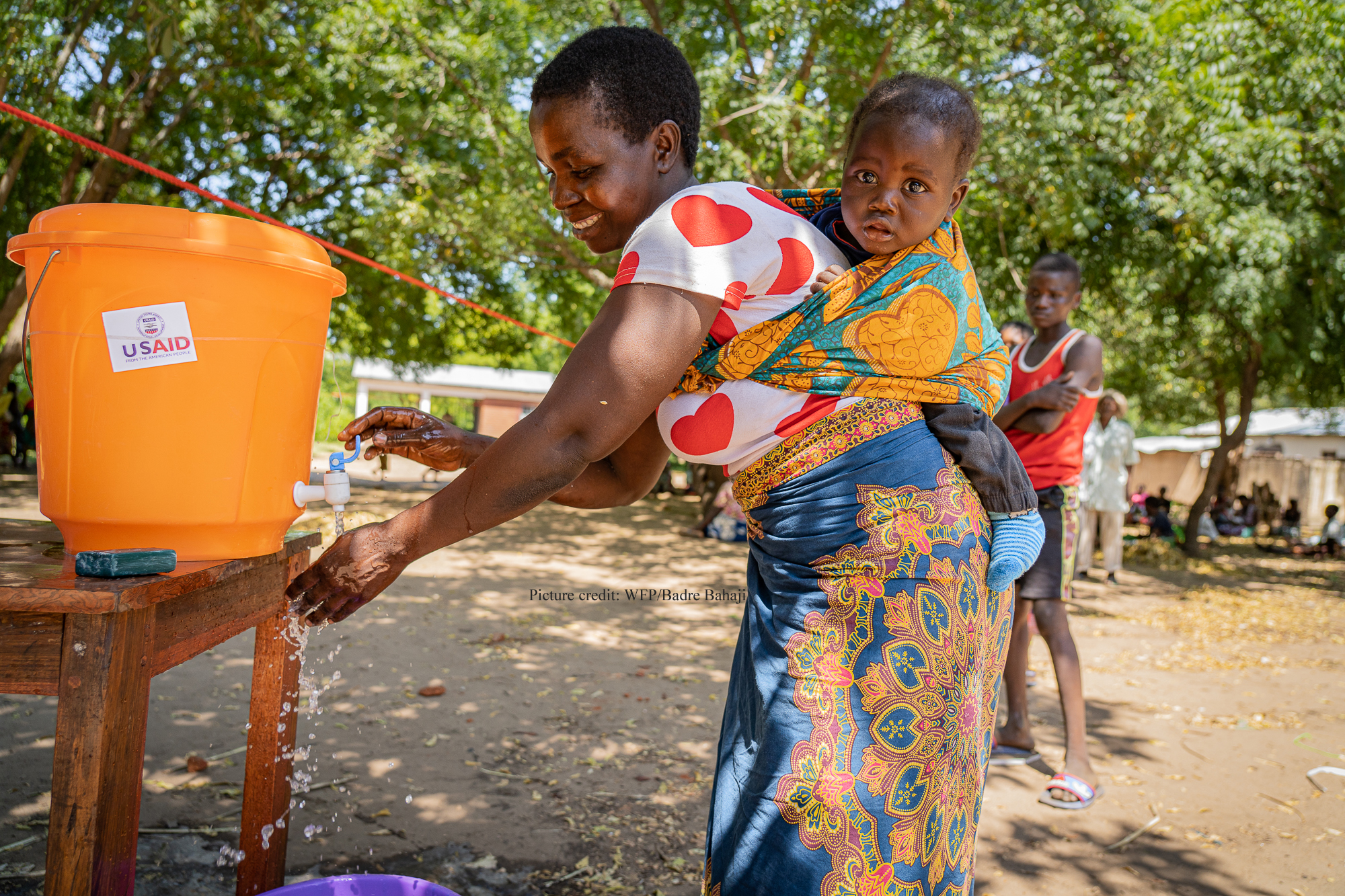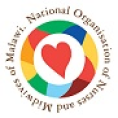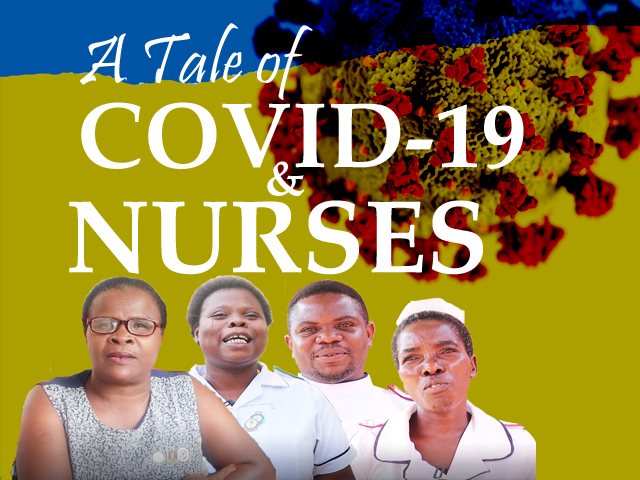COVID-19
So far Malawi is having decreasing cases of COVID-19 with numbers going as low as five cases per day (14 March, 2022). 863,025 people are the ones fully vaccinated.
Polio Outbreak
The country has had cases going as high as 1, 316 per day (22 January, 2021) leaving the country in an overwhelmed situation. So far Malawi is having decreasing cases of COVID-19 with numbers going as low as five cases per day (14 March, 2022).
As of 14 March 2022, 1, 999, 094 Malawians had received the COVID-19 vaccine. Cumulatively 1,135,654 received their first doses, 415 have received their booster doses, while 863,025 people got fully vaccinated representing 4.5%.
Having gone through the four waves of COVID-19 since it was declared a pandemic, the country has faced several challenges just like every other country. The challenges Malawi has faced in the health sector during the pandemic include limited test kits, limited Personal Protective Equipment (PPE) in public hospitals, stigmatization of healthcare workers and COVID-19 suspects and misinformation of the pandemic to the public.
NONM has contributed in a number of ways to alleviate the challenges faced during the pandemic. It has lobbied and advocated to the government to provide adequate PPE for the nurses and midwives in public hospitals. This equipment help the nurses and midwives to provide quality health care to their full potential. NONM has also donated some PPE, 800 masks of the N95 brand and liquid bleach, to Kamuzu central hospital.
Furthermore, NONM has advocated to the government to provide risk allowances to nurses and midwives. Nurses and midwives being the front liners in the health care service are at greater risk of contracting the disease than others. Risk allowance provision is an important step to motivating nurses and midwives to face the contagious COVID-19.
Finally, NONM has also provided counselling to nurses and midwives infected with COVID-19. The counselling has helped a lot of infected nurses and midwives to be equipped with information about the disease. This has helped to alleviate their fears and stress, giving them hope and courage instead, thereby quickening their recovery.

